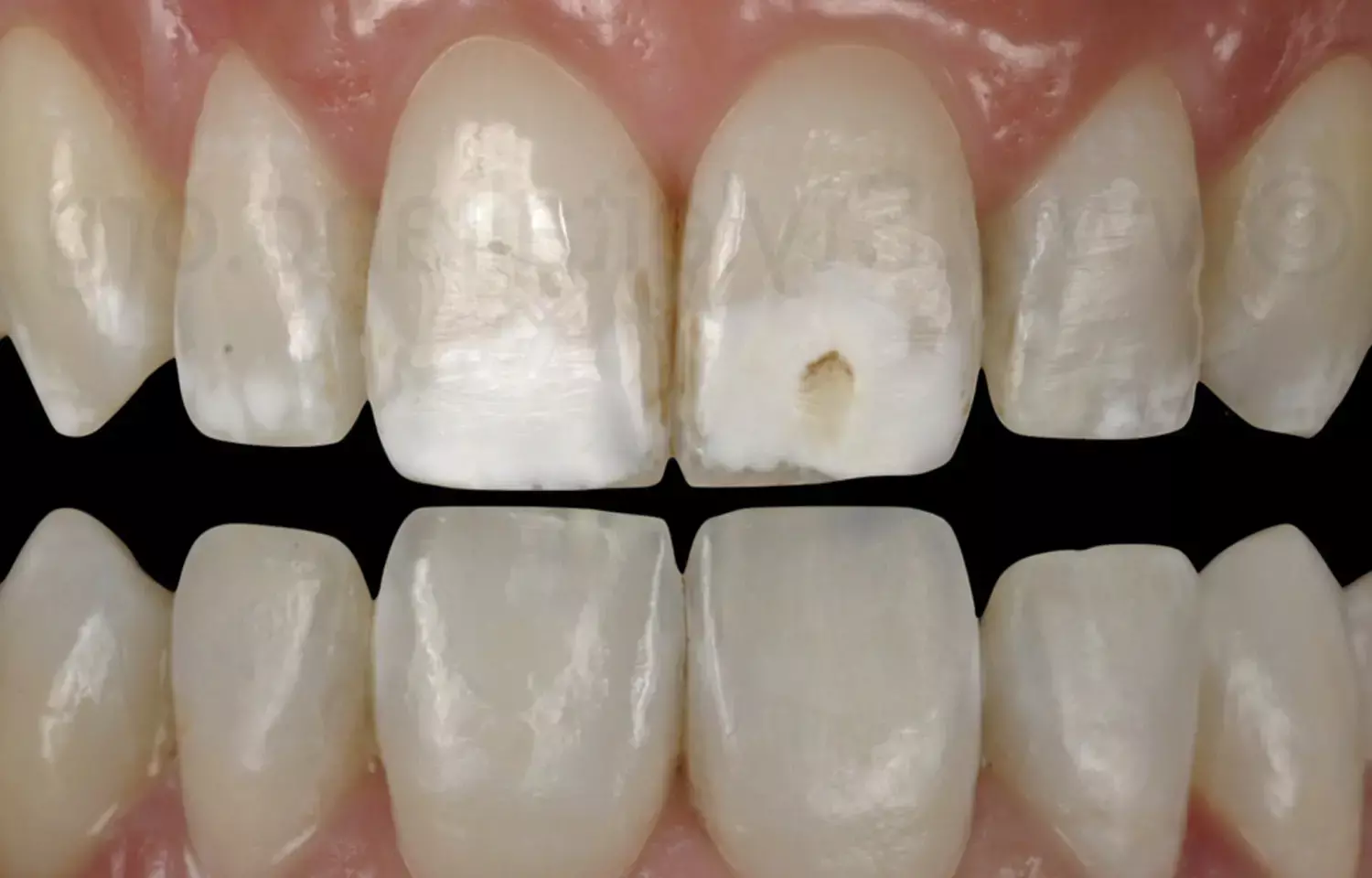- Home
- Medical news & Guidelines
- Anesthesiology
- Cardiology and CTVS
- Critical Care
- Dentistry
- Dermatology
- Diabetes and Endocrinology
- ENT
- Gastroenterology
- Medicine
- Nephrology
- Neurology
- Obstretics-Gynaecology
- Oncology
- Ophthalmology
- Orthopaedics
- Pediatrics-Neonatology
- Psychiatry
- Pulmonology
- Radiology
- Surgery
- Urology
- Laboratory Medicine
- Diet
- Nursing
- Paramedical
- Physiotherapy
- Health news
- Fact Check
- Bone Health Fact Check
- Brain Health Fact Check
- Cancer Related Fact Check
- Child Care Fact Check
- Dental and oral health fact check
- Diabetes and metabolic health fact check
- Diet and Nutrition Fact Check
- Eye and ENT Care Fact Check
- Fitness fact check
- Gut health fact check
- Heart health fact check
- Kidney health fact check
- Medical education fact check
- Men's health fact check
- Respiratory fact check
- Skin and hair care fact check
- Vaccine and Immunization fact check
- Women's health fact check
- AYUSH
- State News
- Andaman and Nicobar Islands
- Andhra Pradesh
- Arunachal Pradesh
- Assam
- Bihar
- Chandigarh
- Chattisgarh
- Dadra and Nagar Haveli
- Daman and Diu
- Delhi
- Goa
- Gujarat
- Haryana
- Himachal Pradesh
- Jammu & Kashmir
- Jharkhand
- Karnataka
- Kerala
- Ladakh
- Lakshadweep
- Madhya Pradesh
- Maharashtra
- Manipur
- Meghalaya
- Mizoram
- Nagaland
- Odisha
- Puducherry
- Punjab
- Rajasthan
- Sikkim
- Tamil Nadu
- Telangana
- Tripura
- Uttar Pradesh
- Uttrakhand
- West Bengal
- Medical Education
- Industry
Silica Particle Size and Concentration Critically Influence Dental Resin Performance: Study

A new study published in the journal of Nature Scientific Reports showed that incorporating silica into dental resins significantly affects material properties while maintaining good biocompatibility. Large silica particles enhance mechanical strength but decrease surface smoothness and trueness, whereas smaller particles improve degree of conversion (DC), surface finish, and produce whitening effects.
Dental restorations have undergone a revolution with to developments in computer-aided design and computer-aided manufacturing (CAD/CAM)and 3D printing technologies like digital light processing (DLP) and stereolithography (SLA), which allow for quicker and more customized production. Silica fillers improve surface qualities and mechanical strength, making them essential in 3D-printing resins.
The performance of resin is greatly influenced by particle size and concentration, which highlighted the necessity of comparative research to improve dental composite formulas and clinical results. Thus, this study examined how the size of silicon dioxide (SiO₂, silica) particles affected the mechanical, surface, and printing-trueness characteristics of dental resin that was 3D printed.
A commercial 3D-printing resin was mixed with silica nanoparticles (5–20 nm) and microparticles (0.5–10 μm) at 1 weight percent and 2 weight percent, respectively. Standard postprocessing and printing procedures were used for the specimens. A particle size analyzer was used to determine the particle size distribution. A profilometer and spectrophotometer were used to examine surface properties including color difference and roughness.
Energy-dispersive X-ray spectroscopy (EDS) and scanning electron microscopy (SEM) evaluated the silica dispersion and microstructure. Vickers hardness, flexural strength, and degree of conversion (DC) were assessed to show the mechanical performance and polymerization efficiency of the modified resins. Digital superimposition analysis of customized crowns was used to test printing trueness using RMS (root mean square) values. HGF cells treated with extracts of the specimens for 24 and 72 hours were used to assess biocompatibility using the WST-8 test.
The findings demonstrated that 2 weight percent of tiny silica particles improved surface smoothness and had a whitening impact. On the other hand, surface roughness rose with big silica particles at 2 weight percent. The small-particle 2 weight percent group likewise showed the highest degree of conversion (P <0.01).
Vickers hardness (17.12 ± 0.19 HV) and flexural strength (134.03 ± 4.65 MPa) were maximum for large particles at 2 weight percent. A consistent silica dispersion and a different shape based on particle size were verified by SEM and EDS pictures.
Regardless of particle size or concentration, all silica-containing resins demonstrated HGF viability that was equivalent to controls at 24 and 72 hours. For both tiny (108.94 ± 4.14 μm) and big (105.38 ± 7.27 μm) silica particles at 2 weight percent, trueness studies of crowns showed decreased accuracy. Overall, this study finds silica as a potential filler that can alter the mechanical, surface, and printing-trueness characteristics of 3D-printing resins.
Source:
Chen, D., Jin, G., Zhang, Z., Ma, Y., Liu, Y., Lim, J.-H., Kim, R., & Kim, J.-E. (2025). Effects of silica particle size on the mechanical, surface and printing-trueness properties of 3D-printing dental resin. Scientific Reports, 15(1), 35644. https://doi.org/10.1038/s41598-025-19615-1
Neuroscience Masters graduate
Jacinthlyn Sylvia, a Neuroscience Master's graduate from Chennai has worked extensively in deciphering the neurobiology of cognition and motor control in aging. She also has spread-out exposure to Neurosurgery from her Bachelor’s. She is currently involved in active Neuro-Oncology research. She is an upcoming neuroscientist with a fiery passion for writing. Her news cover at Medical Dialogues feature recent discoveries and updates from the healthcare and biomedical research fields. She can be reached at editorial@medicaldialogues.in
Dr Kamal Kant Kohli-MBBS, DTCD- a chest specialist with more than 30 years of practice and a flair for writing clinical articles, Dr Kamal Kant Kohli joined Medical Dialogues as a Chief Editor of Medical News. Besides writing articles, as an editor, he proofreads and verifies all the medical content published on Medical Dialogues including those coming from journals, studies,medical conferences,guidelines etc. Email: drkohli@medicaldialogues.in. Contact no. 011-43720751


